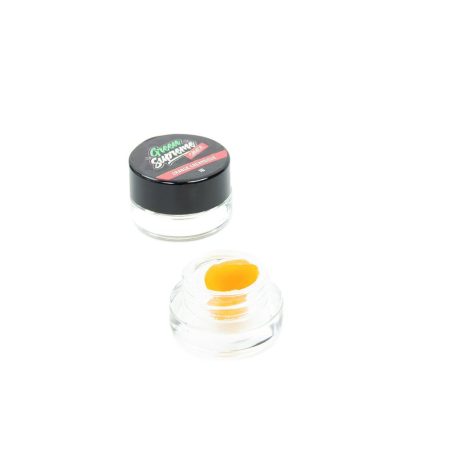Marijuana
Immediate Effects of Vaping: A Guide for Canadians
Vaping has become a popular trend, especially among younger demographics, but its immediate effects on health and social interactions remain a subject of interest and concern. This article explores the immediate physical and social consequences of vaping, offering insights for Canadians who vape or are considering vaping.
What Are the Immediate Effects of Vapes?
Vaping involves inhaling vapor produced by an electronic cigarette or another vaping device. The primary substance inhaled during vaping is usually nicotine, although other substances like flavorings and solvents are also present. The immediate effects of vaping are largely attributable to nicotine, a stimulant known to cause a rapid increase in heart rate, blood pressure, and respiration. Other immediate physical effects include a feeling of relaxation, mood elevation, and in some cases, decreased appetite .
How Long Does It Take for a Vape to Affect You?
The effects of vaping nicotine can be felt within seconds to minutes after inhalation. This rapid onset is due to the efficient absorption of nicotine through the lungs into the bloodstream, where it quickly reaches the brain. The peak effects are generally observed within the first ten minutes, making vaping an attractive option for those seeking immediate relief or a quick change in mood or alertness.
What to Expect from Vaping for the First Time?
For first-time vapers, the experience can vary significantly depending on several factors such as the nicotine content of the vape juice, the individual’s sensitivity to nicotine, and previous smoking or vaping history. Common experiences include:
- Coughing: Many first-time vapers experience coughing as the throat and lungs react to the vapor.
- Dizziness and lightheadedness: These are common as the body adjusts to nicotine, especially if the dosage is higher than what the body is accustomed to.
- Throat irritation and dry mouth: These are caused by the propylene glycol and glycerin found in many vaping liquids.
- Immediate gratification: Due to the rapid absorption of nicotine, many report a quick feeling of satisfaction, which can be appealing to former smokers.
It’s important for new vapers to start with lower nicotine concentrations and take breaks between puffs to minimize negative reactions.
What Are the Immediate Social Effects of Vaping?
Socially, vaping can have both positive and negative effects. On the positive side, vaping is often viewed as a less harmful alternative to smoking, which can enhance social interactions among smokers looking to quit. Vaping emits less odor than smoking, which is generally more acceptable in social settings.
However, vaping can also lead to negative social effects:
- Stigma: There is a growing stigma associated with vaping, as it is sometimes viewed negatively by the public, similar to smoking.
- Peer pressure: Especially among teenagers and young adults, vaping can be seen as trendy, increasing peer pressure to start vaping to fit in.
- Restrictions and bans: Many places, including bars, restaurants, and other public spaces, may have restrictions against vaping, which can limit social interactions and accessibility.
Conclusion
The immediate effects of vaping can influence both physical health and social experiences. For Canadians considering vaping or those already engaged in it, understanding these effects is crucial. It’s also important for individuals to follow the regulations and respect the norms around vaping to ensure a harmonious coexistence with non-vapers in various social settings. For more detailed information on the immediate effects of vaping, visit Drug Free CT’s guide on the short-term effects of vaping.
FAQs About Vaping
- What are the most common physical effects immediately after vaping?
- How quickly can nicotine from vaping affect your mood?
- What should someone new to vaping know before trying it for the first time?
- How does vaping socially impact young adults?
- What legal restrictions affect vaping in public places in Canada?















